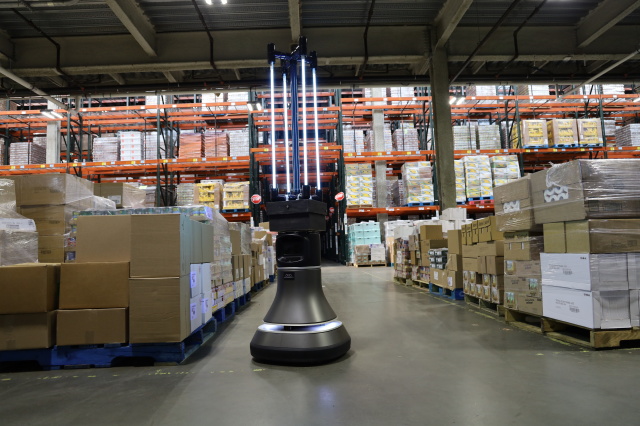
MIT CSAIL
Researchers from MIT have developed a new way to keep shared spaces free of the coronavirus and other pathogens: a UVC light-equipped robot. UVC light is capable of disinfecting surfaces and neutralizing aerosolized virus particles,but it’s dangerous for humans to be exposed. With this in mind,MIT’s Computer Science and Artificial Intelligence Laboratory (CSAIL) teamed up with Ava Robotics to develop a robot that can travel through and disinfect spaces autonomously.
The partners added a custom UVC light fixture designed by CSAIL to Ava Robotics’ mobile robot base. They deployed the prototype at the Greater Boston Food Bank (GBFB). The robot drove through GBFB’s warehouse at about 0.22 miles per hour. At this speed,it could cover about 4,000 square feet (the entire warehouse) in half an hour and neutralize approximately 90 percent of coronavirus particles on surfaces.
The researchers believe the approach could be used to autonomously disinfect other environments,like factories,restaurants,supermarkets and schools. The system is capable of mapping a given space,and it can navigate between waypoints and other specified areas.
“As we drive the robot around the food bank,we are also researching new control policies that will allow the robot to adapt to changes in the environment and ensure all areas receive the proper estimated dosage,” Alyssa Pierson,CSAIL research scientist and a technical lead on this project,said in a statement. “We are focused on remote operation to minimize human supervision,and therefore,the additional risk of spreading Covid-19,while running our system.”
UVC light is sometimes used to sterilize patient rooms and other medical settings. The MTA is currently testing UV light boxes as a way to disinfect subways and buses. We’ve also seen UV light used to clean humidifiers and airplane bathrooms.
“We are excited to see the UVC disinfecting robot support our community in this time of need,” said CSAIL director and project lead Daniela Rus. “The insights we received from the work at GBFB has highlighted several algorithmic challenges. We plan to tackle these in order to extend the scope of autonomous UV disinfection in complex spaces,including dorms,schools,airplanes,and grocery stores.”

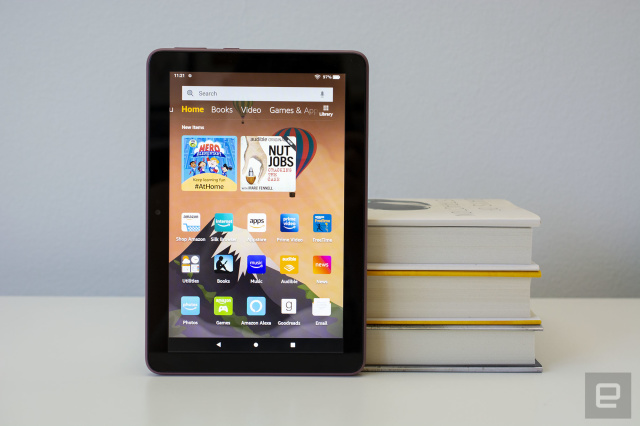
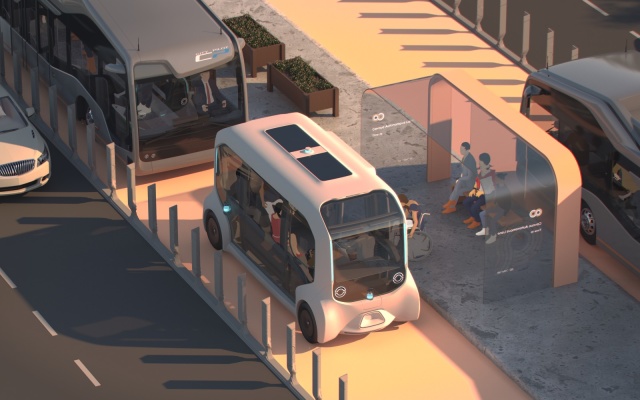
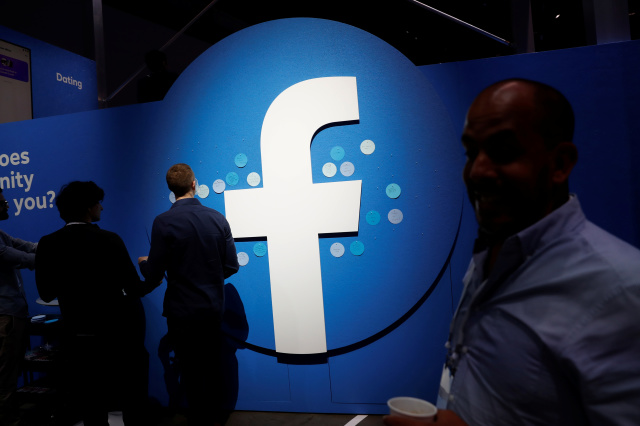
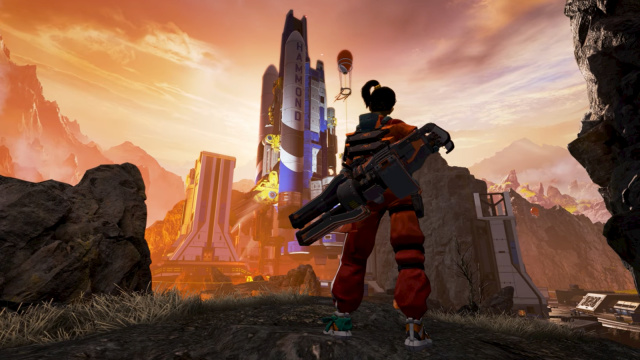
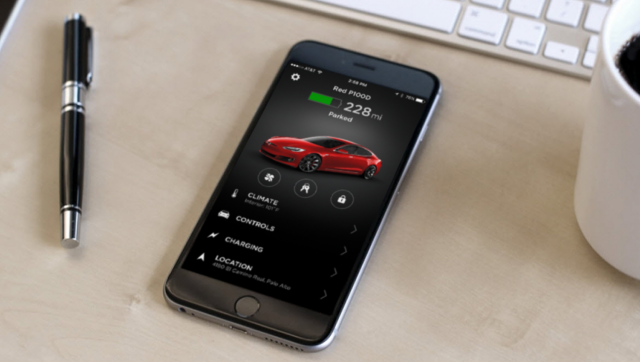
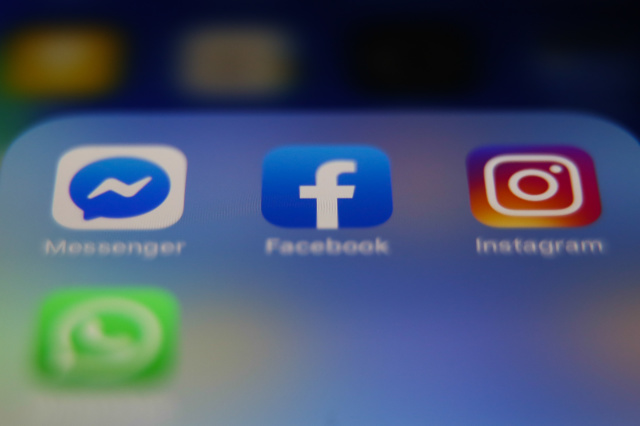

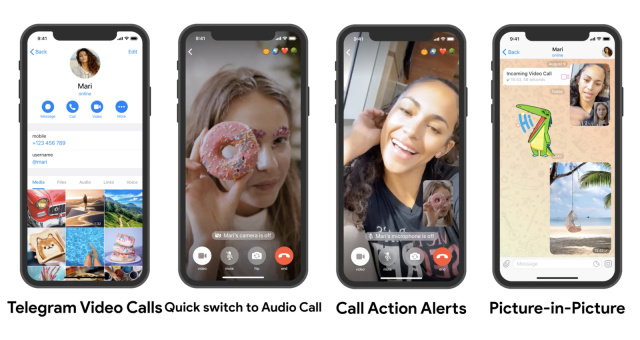
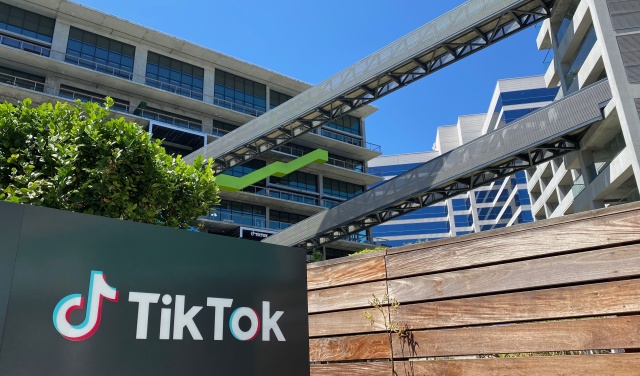
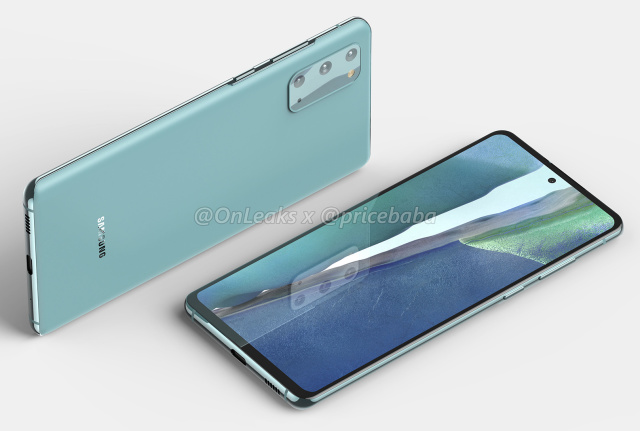
 加载中,请稍侯......
加载中,请稍侯......
Comments